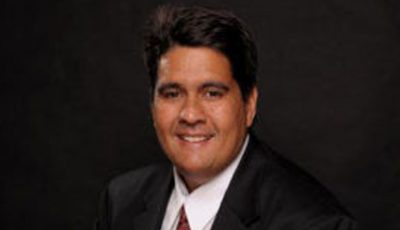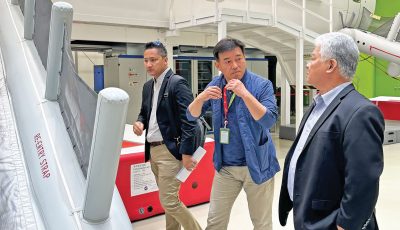Homeless under the frangipani
I’ve been rendered helpless by our recent aborted incidence of a turnaround toward China that got stopped in Tokyo for expired China residency visa, followed by a restful night at Lino Olopai’s beach only to have us divested of our black backpack with all our valuables, rudely interrupting what might have been a narrative of serenity and peace.
Consequently, I am Lino Olopai’s guest at his place, a seemingly treated open “park” by extended family and friends, where most of my personal belongings crowds the place until I can move into the low-income dwelling next door I applied for a year ago.
I am technically homeless. Called to fulfill a one-year contract at PSS but on a daily on-call basis, I am now pinching pennies to see how far I can survive the summer before hollering for assistance from younger siblings; I am not on the PSS annual payroll. Northern Marianas College is finally getting the Evaluation Services of Chicago report to see if my undergraduate diploma and Bachelor of Arts degree earned outside a United States institution pass muster and be able to teach at the Arts and Humanities section of the college.
It is the homeless nature of my existence that is the novelty. I had never been homeless before. A cleric for the United Methodist Church, I had a parsonage from where I rehearsed and recycled the “heavenly” metaphor that I was trained to use in order to affirm the profundity of humanness. My calling was to Amen profound humanity, though promoting the notion of depth required the skyward metaphor that was the language used, thereby, unnecessarily shifting the focus from the earth to the heavens, a cumbersome roundabout way.
The frangipani, which is also called plumeria in the Northern Marianas and cala-chuchi in Pea Eye, comes in varied colors, usually gracing the upper earlobes of wahine, one on the right if already spoken for, and on the left if still available for the courting. It is also where number-crunchers before the calculator parked their pencils.
More than the beauty of the flower that I appreciated from Tonga and Samoa, Kailua to Rota, is the mindset, a way of living and operating that the flowers signified in many Pacific Isles. I was stunned by the wall-less houses in Western Samoa and Tonga where people sheltered in the night with not even strung cloth division to maintain Europe’s sense of privacy.
Refalawasch means, “people of the islands,” with the ladies ensuring procreation on land and the menfolk establishing patterns of selfhood in the art and discipline, terminologies, and language of navigation.
The Carolinian terms for navigating the distance between Saipan and Tinian is different from that of Tinian to Rota, or Rota to Saipan, Saipan to Satawal, and Ulithi to the Bonin Islands. Among many of us landlocked creatures, sailing to and fro is sufficient description; the substantiveness of space reflected on the names of distances in between places reveals a different type of operating.
Take the goddess of Horus in Egypt, the center of fertility that got the phallic symbol abstracted to become the pointed pyramids. As in other locations around the world, Satawal in the Carolines has a male organ festival, and Japan in Kawasaki holds the kanamara fertility rites, but the phallic symbol and festivity is not the focus, fertility and creation, are.
These “pagan” practices mirrors western aversion to things sexual, “dirty” and not to be discussed in public. We do not print nor utter the f-word in public, but we promote ease of gun ownership as part of citizens’ rights protected and guaranteed by the U.S. Constitution.
Back to the navigators. Something about the ocean sailors of old did not journey from one point to another. They sailed the Satawal-Saipan wind and ocean currents with the intricacies of a sail handling the wind and the knowledge embedded in seeking direction from the North and South stars, locating where one is in the immense distances of the ocean water. They “were” on a trip rather than “went” on a trip. That requires more creation and innovation than any landlocked security of stability and order allow.
That’s how being homeless and penniless under the frangipani at Lino’s place had intruded into my landlocked orientation. Serenity in one’s being is understood best when hanging over the abyss of nothingness, not the security of anchor.
The outrigger and sail of the canoe have its counterparts in the brain, and one learns to operate out of such context, the senses, feelings, and thoughts (medula oblongata, cerebellum, and cerebrum) native to the mind are areas of human management. What one does in response to external stimuli come simply from the facticity of air and water currents, and to the navigator, the position of the Northern and Southern stars.
We train and encourage our young to be creative and innovative. It as the wisdom of the Refalawash sitting under the frangipani in one of the islands, and one is homeless no more.



























